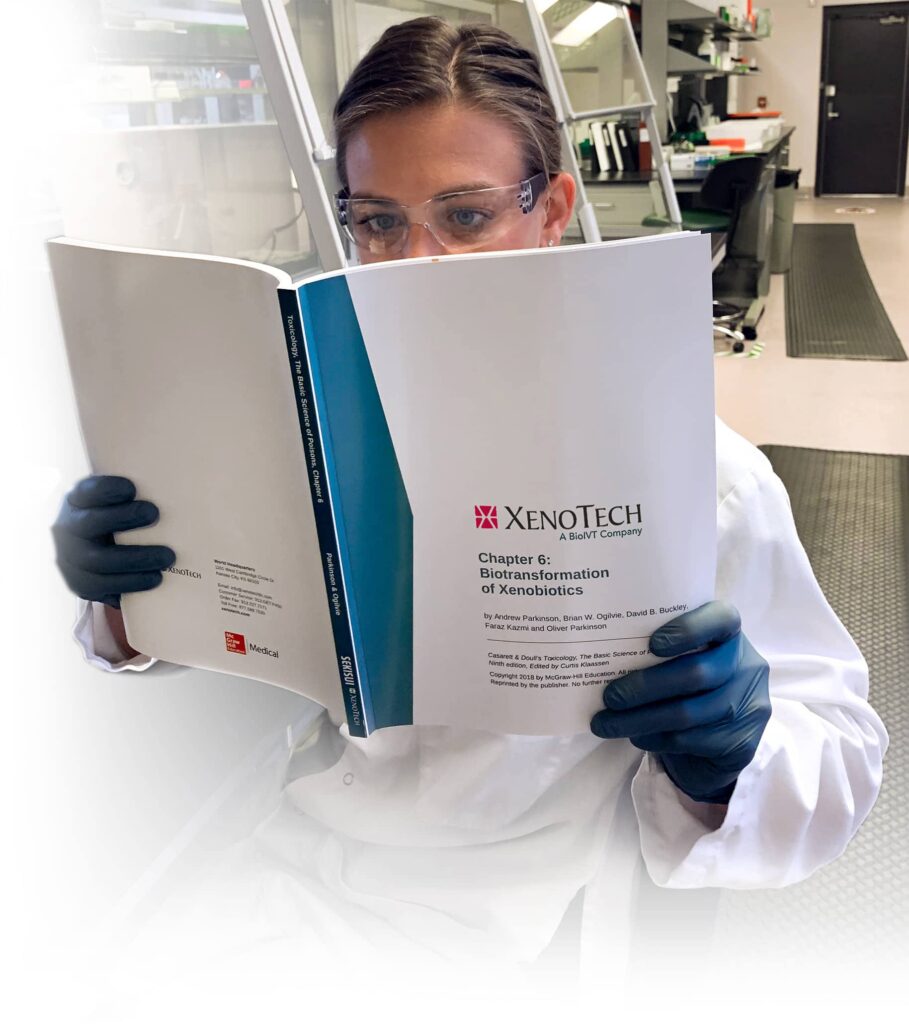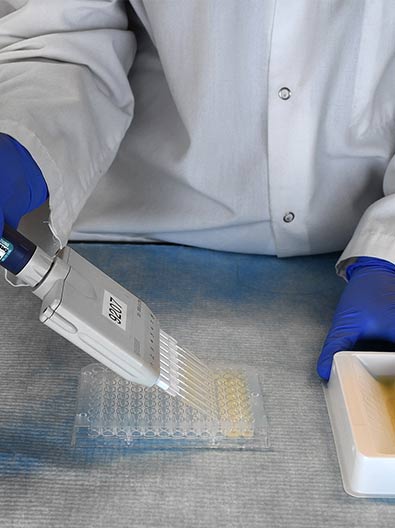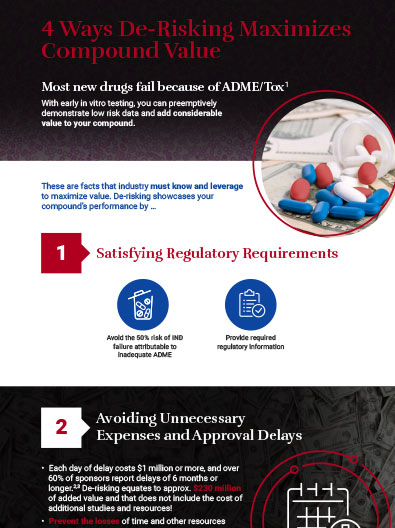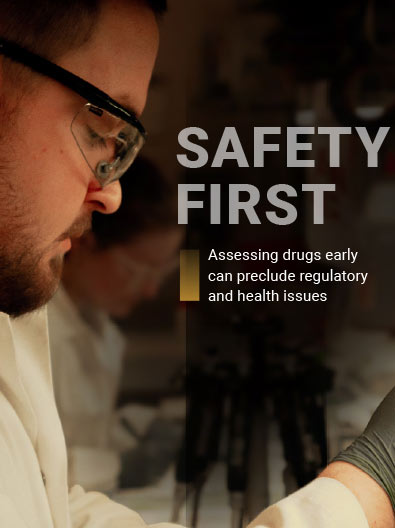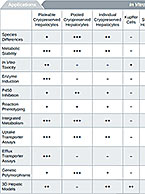ADME 101™ is a new mini-webinar series of presentations by our scientists which highlight relevant aspects of ADME properties of drugs, assays we perform, topical regulatory considerations, overviews of related components of an IND, and more.
This series of educational short videos is constantly growing to represent a comprehensive resource for researchers and industry professionals to navigate ADME, DMPK, and DDI within the complex landscape of drug development. As we continue to update and add to our repository of resources, we welcome questions and requests for topics our experts may address in future presentations. Please use our online forms to request a topic or get in touch with our team.
